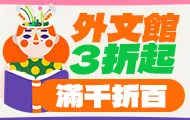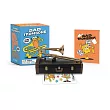What do we know of medieval childhood? Were boundaries always clear between childhood and young adulthood? Was medieval childhood gendered? Scholars have been debating such questions over half a century. Can evidence from imaginative literature test the conclusions of historians? Phyllis Gaffney’s innovative book reveals contrast and change in the portrayal of childhood and youth by looking at vernacular French narratives composed between 1100 and 1220. Covering over sixty poems from two major genres - epic and romance - she traces a significant evolution. While early epics contain only a few stereotypical images of the child, later verse narratives display a range of arguably timeless motifs, as well as a growing awareness of the special characteristics of youth. Whereas juvenile epic heroes contribute to the adult agenda by displaying precocious strength and wisdom, romance children are on the receiving end, requiring guidance and education. Gaffney also profiles the intriguing phenomenon of enfances poems, singing the youthful deeds of established heroes: these ’prequels’ combine epic and romance features in distinctive ways. Approaching the history of childhood and youth through the lens of literary genre, this study shows how imaginative texts can both shape and reflect the historical development and cultural construction of emotional values.



 天天爆殺
天天爆殺  今日66折
今日66折 






















 博客來
博客來 博客來
博客來 博客來
博客來 博客來
博客來 博客來
博客來